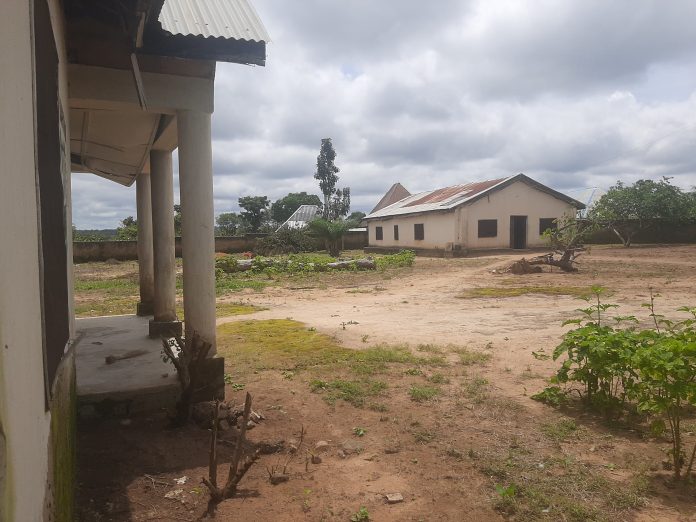According to the World Health Organisation (WHO), all people, everywhere, have the right to achieve the highest attainable level of health, and this is the fundamental premise of primary health care.
It goes further to say that primary health care is a whole-of-society approach to effectively organise and strengthen national health systems to bring services for health.
It is supposed to be the most inclusive, equitable and cost-effective way to achieve universal healthcare coverage (UHC).
It is also vital to strengthening the resilience of health systems to get ready for, respond to and recover from emergencies and crises.
UHC coverage hinges on the strength and resilience of primary healthcare systems.
However, in Nigeria, the health system is distressed with many challenges including underfunding, poor health infrastructure, a shortage of manpower, and weak systems.
These have led to the poor utilisation of her health facilities, particularly the “Primary Health Centres (PHCs)’’ especially in rural and hard-to-reach areas.
These PHCs are under-sourced and mostly in derelict state.
For instance, an in-depth report and analysis by “myPHC report’’ on the status of 345 Primary Health Centres (PHCs) across six states of the Federation, highlight the critical condition of Nigeria’s Primary Health Centres (PHCs).
It reveals severe deficiencies in the healthcare system with infrastructural and operational weaknesses, and operating on outdated data.
But the narrative can change.
On how the government can enhance the effectiveness and accessibility of these services to support universal health coverage, Dr Amina Dorayi says building local capacity and training healthcare workers is essential for delivering high-quality services.
Dorayi, the Pathfinder’s Country Director in Nigeria, tells the News Agency of Nigeria (NAN) that this includes providing ongoing training, mentorship, and support to ensure that healthcare workers have the skills and competencies needed to address the unique needs of their communities.
According to her, the government can foster partnerships with private sector organisations, non-governmental organisations, and community groups to leverage resources, expertise, and funding.
She also emphasises the need to invest in digital infrastructure and data-driven insights to help identify priority communities and optimise resource distribution.
“This includes leveraging geospatial data, machine learning, and digital microplanning to inform decision-making.
“And this takes me to what Pathfinder is currently doing on our GEOSTAR project.
“Pathfinder Nigeria’s GeoStar project is a shining example of this approach, using geospatial data to develop targeted reproductive, maternal, newborn, and child health programmes.
“By so doing, Pathfinder is helping to increase access to care, improve service quality, and enhance care-seeking behaviours.
“The project’s focus on building local capacity, using publicly accessible datasets and prioritising sustainability ensures that its impact will be felt long after the project concludes.
“The government can learn from Pathfinder’s approach by adopting similar strategies to strengthen primary healthcare facilities.
“By working together, we can ensure that all Nigerians, regardless of location or socioeconomic status, have access to high-quality healthcare services,’’ Dorayi says.
Pathfinder International is a locally led global health initiative that works with local partners to advance sexual and reproductive health and rights, climate resilience, and women’s empowerment around the world. (NAN)


